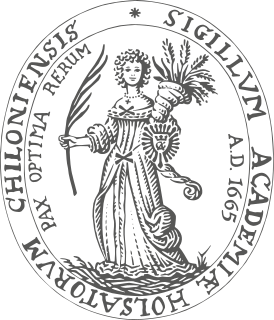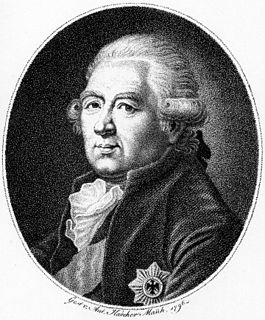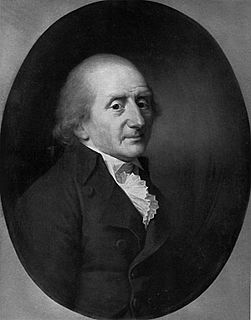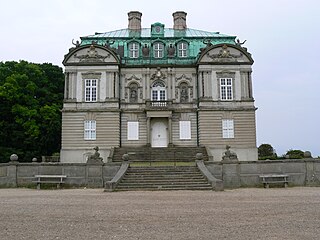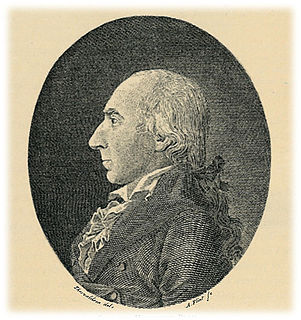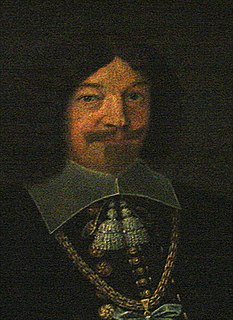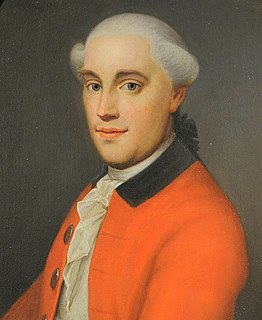
Niels Ditlev Riegels (also Riegelsen) (1755 – 24 August 1802) was a Danish historian, journalist and pamphleteer.

Denmark, officially the Kingdom of Denmark, is a Nordic country and the southernmost of the Scandinavian nations. Denmark lies southwest of Sweden and south of Norway, and is bordered to the south by Germany. The Kingdom of Denmark also comprises two autonomous constituent countries in the North Atlantic Ocean: the Faroe Islands and Greenland. Denmark proper consists of a peninsula, Jutland, and an archipelago of 443 named islands, with the largest being Zealand, Funen and the North Jutlandic Island. The islands are characterised by flat, arable land and sandy coasts, low elevation and a temperate climate. Denmark has a total area of 42,924 km2 (16,573 sq mi), land area of 42,394 km2 (16,368 sq mi), and the total area including Greenland and the Faroe Islands is 2,210,579 km2 (853,509 sq mi), and a population of 5.8 million.

Pamphleteer is a historical term for someone who creates or distributes pamphlets, unbound booklets intended for wide circulation.
Contents
Niels Ditlev Riegels was known for his extensive authorship that was extremely critical of the Danish society and institutions. He was influenced by the radical enlightenment ideas of the French and English thinkers. The American historian H. Arnold Barton has characterised Riegels, along with Michael Gottlieb Birckner, as being one of "the most original thinkers" of the radical group of authors in Denmark in this period. [1]

The Age of Enlightenment was an intellectual and philosophical movement that dominated the world of ideas in Europe during the 18th century, the "Century of Philosophy".
Hildor Arnold Barton was an American historian and a national authority on Scandinavian history, especially the history of Sweden, and of Swedes and other Scandinavians in North America.

Michael Gottlieb Birckner was a Danish priest and philosopher.



